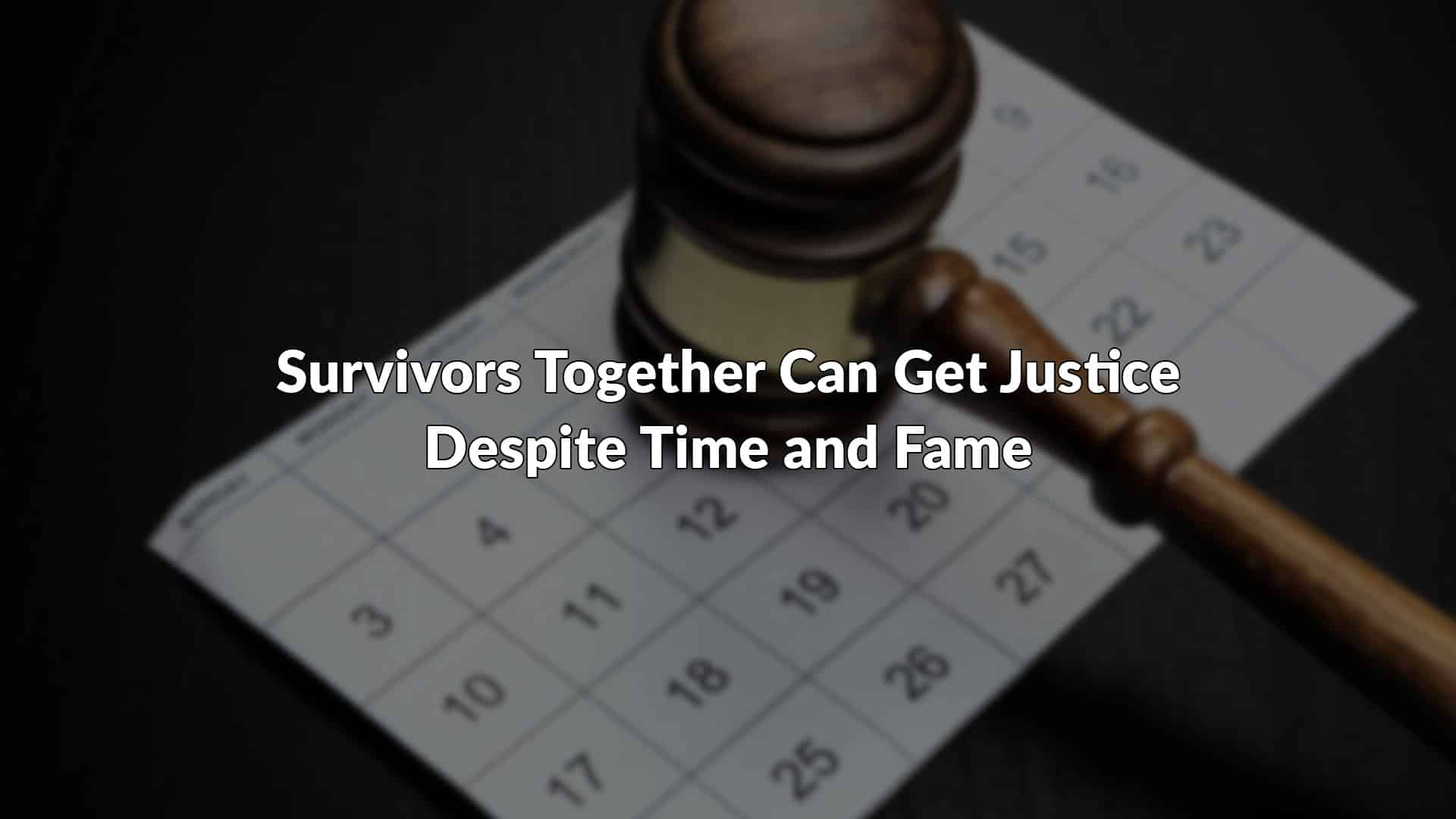Human Trafficking is a widespread and complex problem that cannot be handled by survivor aid organizations alone. The challenge of identifying victims of human trafficking often falls upon law enforcement. Unfortunately, many law enforcement officials are not properly equipped to handle these complex situations. Although many in the law enforcement community are sympathetic to the victims, a large number lack formal training in the procedures and resources that exist to protect them. As a result, law enforcement responses to situations of human trafficking are often inconsistent and frequently shortsighted.
The United States Advisory Council for Human Trafficking believes very strongly in the need for continued collaboration between law enforcement and aid organizations. The Council seeks to create consistent policies between agencies and universal training for law enforcement officers. The Council nominated Tina Frundt, a passionate advocate and service provider for survivors in the D.C. area, as the head of the Rule of Law Subcommittee of the Council. Frundt is an obvious choice for the position, having spent years working with local law enforcement officers, as well as juvenile court judges, to create a survivor-centered training curriculum. In her new role, she is scaling up the number of trainings that she is providing to police departments, as well as broadening the scope of these trainings to include members of the Federal Law Enforcement Training Center[1]. By doing so, her curriculum will be used to train members of every branch of the federal government, including the FBI, the Federal Park Police, and the Department of Defense. Frundt graciously agreed to be interviewed for this piece and what follows are some of her personal reflections on the work of the Subcommittee.
Frundt hopes that by introducing survivor-informed procedures, the government will improve its treatment of survivors and increase its capacity to investigate traffickers. Survivors are often given the opportunity to tell their stories at trainings sponsored by police departments, which is an important step in humanizing survivors who have been forced into commercial sex and petty crime by their trafficker. Frundt hopes for greater involvement by survivors: she argues that the lack of survivor input in the crafting of law enforcement procedures creates gaps of vital information that could be used to more effectively combat human trafficking. Survivor input is extremely valuable, not only for humanizing the victims, but also because they can provide valuable insight into the structure of the particular enterprise under investigation.
The Advisory Council, with the support of Tina Frundt, will continue to make recommendations to law enforcement agencies that will improve how they handle cases of sex trafficking, domestic servitude and child labor. They will also continue to develop relationships with law enforcement agencies to foster trust between survivors and law enforcement.
In our next post, we will discuss the Advisory Council’s recommendations for public awareness campaigns to increase efforts at prevention and identification of survivors. It is difficult to gain the trust of survivors who have suffered some form of trafficking, and this process is made more challenging by advertising campaigns that are unintentionally embarrassing or offensive to survivors. The Council recommends using trauma-informed approaches to avoid further stigmatizing survivors.
Tucker Kelleher-Brozost
Tucker Kelleher-Brozost serves as a Communications Intern for the Amara Legal Center. He holds a Bachelor’s degree from Colorado College in Political Science, and studied Human Rights Law at City University London. In addition to his work with Amara, Kelleher-Brozost serves as the Executive Director for the Brokell Foundation, which supports organizations in the District of Columbia in the fight to end human trafficking.
[1] An interagency training center that provides instruction to 91 federal law enforcement agencies. Through partnerships with the Rural Policing Institute and the Office of State and Local Training, it also serves as a guide for trainings at every level of law enforcement around the country.



